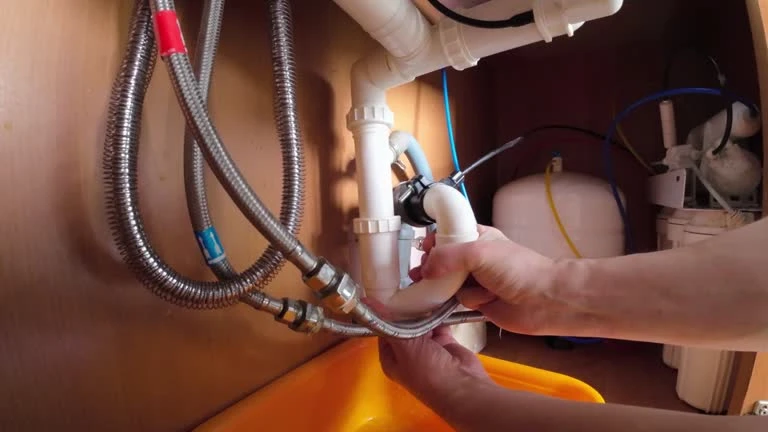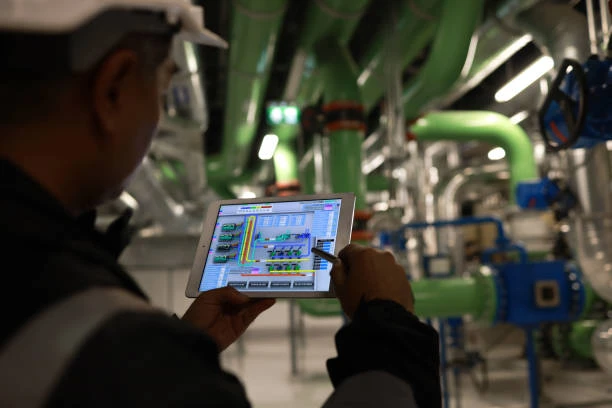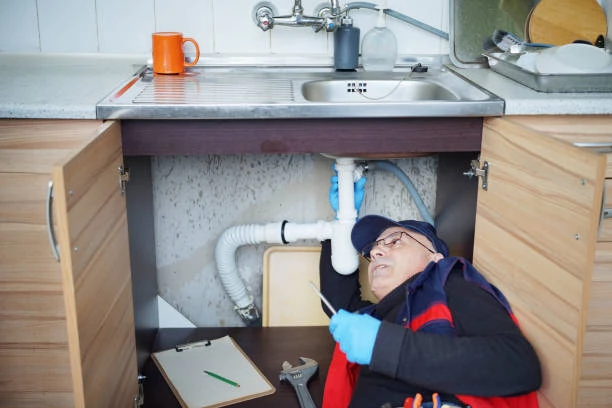Importance of Gas Pipeline Integrity
Gas pipeline are crucial for transporting natural gas for various uses. However, they can encounter numerous issues that compromise safety and efficiency. Identifying these problems and understanding how to address them is essential for maintaining a reliable gas delivery system.
Common Gas Pipeline Problems
Gas Leaks
Gas leaks pose significant safety risks, including fire and explosions. Common causes include corroded or damaged pipes, poorly sealed joints and connections, and external damage from construction activities. Regular inspections, using corrosion-resistant materials, and ensuring properly sealed joints can mitigate these risks.
Corrosion
Corrosion weakens pipelines, leading to leaks and potential failures. It can be caused by exposure to moisture and chemicals, inadequate protective coatings, and poor maintenance practices. Applying high-quality protective coatings, regularly inspecting and cleaning pipelines, and implementing cathodic protection can prevent corrosion.
Blockages
Blockages restrict gas flow, reducing efficiency and causing pressure buildup. They can result from the accumulation of debris or foreign objects, internal corrosion, or improper pipeline design. Regular cleaning, using pipeline pigs, and designing pipelines with adequate flow rates help prevent blockages.
Pressure Fluctuations
Inconsistent gas pressure disrupts supply and damages appliances. This issue can arise from improper regulation settings, blockages or leaks, and variations in gas demand. Installing and regularly calibrating pressure regulators, inspecting for and repairing blockages or leaks, and designing the system to handle peak demand can maintain consistent pressure.
External Damage
External damage compromises pipeline integrity, leading to leaks and failures. Causes include construction activities, natural disasters, and vandalism. Marking pipeline locations, implementing protection measures against natural disasters, and securing pipeline areas can prevent external damage.
Incorrect Installation
Poor installation practices lead to operational issues and safety risks. Common causes include lack of training and supervision, use of substandard materials, and failure to follow industry standards. Ensuring proper training and supervision, using high-quality materials, and following industry standards can avoid incorrect installation.
Aging Infrastructure
Older pipelines are prone to failures due to material degradation and outdated technology. Natural wear and tear, lack of regular maintenance and upgrades, and environmental factors contribute to this issue. Regular inspections and maintenance, upgrading or replacing aging pipelines, and proactive infrastructure renewal programs address aging infrastructure problems.
How to Address Common Gas Pipeline Problems
Regular Inspections and Maintenance
Scheduled inspections and preventive maintenance programs help detect and address issues early. Using advanced technologies like smart pigs and drones ensures thorough inspections. Regularly cleaning and maintaining pipelines prevents blockages and corrosion.
Quality Control in Materials and Installation
Using high-quality materials that meet industry standards ensures durability and safety. Avoiding substandard materials and ensuring installations follow best practices maintain pipeline integrity. Training and supervising installation personnel ensure high-quality workmanship.
Advanced Monitoring and Protection Systems
Installing advanced monitoring systems detects leaks, pressure changes, and other issues in real-time. Using data analytics predicts and prevents potential problems. Implementing cathodic protection and physical barriers protects pipelines from corrosion and external damage.
Emergency Response Plans
Developing and regularly updating emergency response plans ensures preparedness for any situation. Training personnel and conducting drills enhance readiness. Ensuring quick and effective response to detected issues and coordinating with local authorities and emergency services improve response efforts.
Conclusion
Maintaining gas pipeline integrity is crucial for safety and efficiency. Common problems like leaks, corrosion, blockages, and pressure fluctuations pose serious risks. By conducting regular inspections, using high-quality materials, following proper installation practices, and implementing advanced monit
oring systems, these issues can be effectively addressed. Ensuring proactive maintenance and preparedness further enhances the reliability and safety of gas pipeline systems.
Connect
IFAN is a Chinese manufacturer of plastic pipes, fittings and valves with 30 years of experience. If you are interest in IFAN copper fittings, copper valves, plastic pipes and fittings, please contact us. IFAN offers you a variety of standard pipes to meet your specific needs. Click below to learn more about IFAN’s wide range of affordable and cost-effective valve products and piping system related products.
We will reply your email or fax within 24 hours.
You can call us at any time if there is any question on our production.
For more information,pls visit our webside https://waterpipefitting.com/
Pls Mailto: [email protected]
Whatsapp: + 86 19857948982














Recent Comments